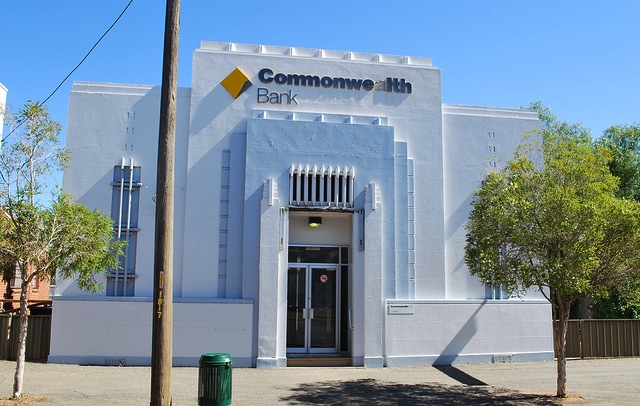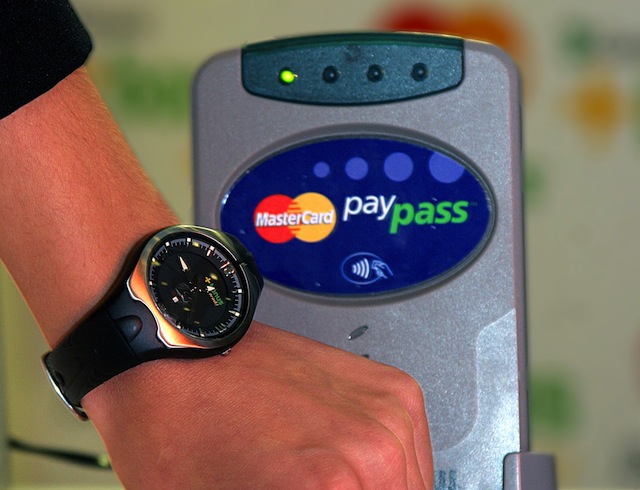On Sunday the Murray Report into the Australian Financial System was handed down with a range of recommendations on ensuring the stability and future of the nation’s banking and finance institutions.
Choosing David Murray, the former CEO of the nation’s biggest bank, was controversial but it turns out he and his team have delivered a sensible overview of the opportunities, risks and challenges facing Australia’s financial sector and economy. Many of the recommendations though require a change in both the culture of banks and that of the country’s population towards investment and savings.
A key part of the review is identifying the lessons learned from the Global Financial Crisis of 2008 in an attempt to reduce the country’s vulnerability to external economic shocks and limit the taxpayers’ exposure to any consequential bank failures.
In proposing ways of strengthening the nation’s banks against similar future shocks The report identifies a cultural problem in the finance industry.
Culture of financial firms
Since the GFC, a persistent theme of international political and regulatory discourse has been the breakdown in financial firms’ behaviour in failing to balance risk and reward appropriately and in treating their customers unfairly. Without a culture supporting appropriate risk-taking and the fair treatment of consumers, financial firms will continue to fall short of community expectations. This may lead to ongoing political pressure for additional financial system regulation and the undermining of confidence and trust in the financial system.
Interestingly, exactly this sentiment is echoed by last week’s World Of Business on BBC Four where host Peter Day reported from the recent Drucker Forum spoke to various economists, bankers and market commentators.
Breaking the debt culture
A key point raised in Day’s story was best expressed by Gary Hamel, Management expert and professor at The London Business School who said; “I think what the global financial crisis revealed — in addition to a lot of mendacious bankers who had lost touch with their social role — was the fact we’d been sustaining living standards through debt. I think that overhang is still there.”
The Global Financial Crisis was a warning the late Twentieth century model of using debt to sustain living standards was coming to an end, of all the western countries Australians had been one of the most enthusiastic nations about using debt to underpin consumption and that debt obsession had allowed the nation to skirt the worst of the GFCs effects.
With personal debt still at astronomically high levels it’s unlikely Australia will be able to avoid the next global financial shock and part of Murray’s recommendations are aimed at making both the economy and the banking sector more resilient to those shocks.
A fall in income
For the bankers this means lending less money and stricter financial controls; it almost certainly will mean their incomes will fall and it will be harder for millions of Australians to borrow money for easy speculation in the property market.
Creating a more resilient economy will take a culture shift in more than just highly paid bank staff, it will require a change in the way all of us think.




